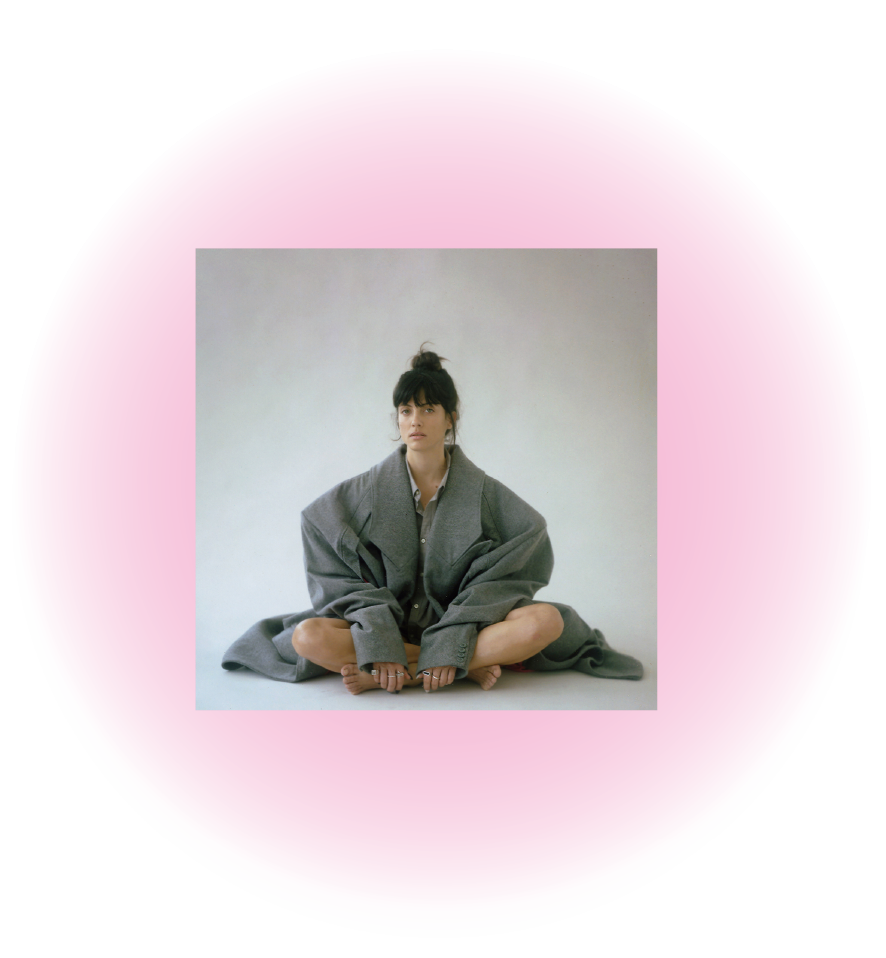Once Upon a Time We Were All Kids
KIDS is an album that features perspectives from different generations all at the same time. Israeli electro-pop musician Noga Erez questions her relationships, fears, and renews her belief in art and music with this new work that she put the final touches on during the pandemic.
What are the themes behind your latest album KIDS?
KIDS has 12 songs, so naturally, it has many themes. Some songs are about relationships, some about being an artist, about the love and fears and insecurities that comes along with it, some songs are inspired by my life here in Israel. But all of it is spoken from the perspective of looking at humans as people who not so long ago were kids. That point of view is meant to look at these topics, speak about them openly, even criticize, but always from a non-judgmental, empathetic perspective.
Your mother’s voice is an opener for your album. What was your intention?
My mom’s role on the album is to represent the previous generation. Having her on the album made so much sense to me with the concept of KIDS as an album that talks about generational transitions. But also, to be honest, I wanted her voice there so I could share this with her. So she will be in my music forever, so I can always listen to it and remember what a tremendous figure she is in my life.
“Kids These Days” is a certain sentence to pick for an opener. Do you feel younger generations has lost its way in a sense?
It’s exactly the meaning, but it’s told in a very cynical manner. Previous generations always seem to think that the youngsters are lost. That’s what my parents’ parents thought about them. But it’s never true. Every generation has to deal with the changes of the world, with the world that was left to them by the previous generations. And somehow, up until now they all seemed to manage. So this is my way of saying we can’t be stuck in our old ways, we have to embrace the movement of the world, but always keep an eye out that we don’t repeat mistakes of the past.
What do you think are the biggest tackles for today’s youth?
I believe that one of the most common and basic human needs is the need to be a part of something, to be understood. To be surrounded by people who are same as you. It’s a sentiment that’s crucial to our feeling of safety and confidence. Nowadays because we live less in communities, and form our relationships more on social media than in any other time in history, it creates like a sort of mutation in our societal behavior. That need is being met in a distant manner, and we still haven’t figured out the best way to replace that feeling of security with something else.

You released your new album in a world which none of us has been part of before. Did this reflect on your creative process?
Most of the album was written and produced prior to the pandemic, but since the release kept getting postponed due to the pandemic, we continued to work on the songs more. The pandemic taught me to give a song the time it needs, be patient with my art.
Do you see music you create as a documentation of what is going on around you?
Absolutely. A documentation from a very specific, personal and unimportant point of view. Which is my point of view. I can only tell that perspective and fully stand behind it.
What did your learn, discover about yourself over the last year?
I rediscovered just how much I love music. I needed reassurance on that, because I was starting to question my motives in doing this, started to think I’m in it for the wrong reasons. But when the pandemic started all I wanted was to work on music.
What is one thing that you miss most from our ‘previous’ life?
I miss the naive perspective of setting a time and a date for something to happen, and actually believing it’s going to happen. Even in the normal world, that’s not true. Plans are always changing, you can’t really know what a day might bring. But before the pandemic at least I felt assured making plans.